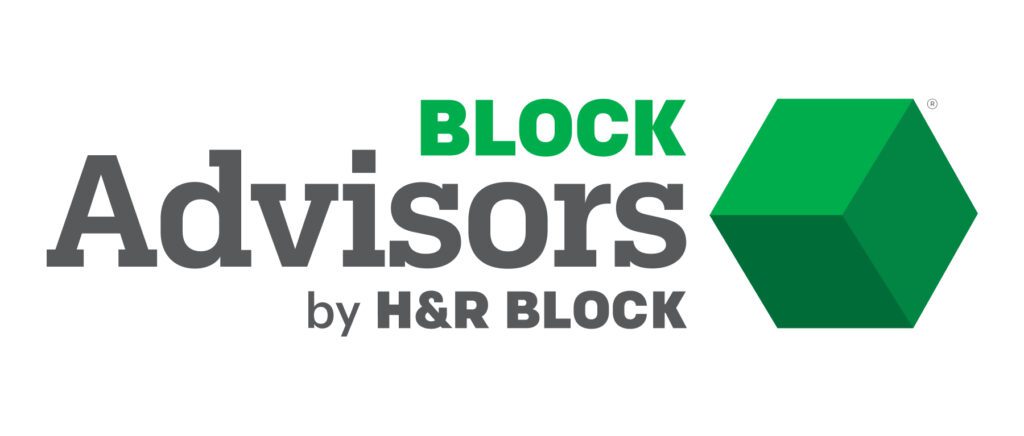Are you tracking your company’s fixed assets? Should you be?
4 min read
May 22, 2024 • Block Advisors

Your company probably has a lot of what could be considered “assets,” like employees, a strong product or service line, a business plan that’s working, and good relationships with your customers and suppliers.
But the word has a very clear meaning when it comes to your financial accounting. You have two kinds of assets in your Chart of Accounts. One group is liquid; that is, you could convert it to cash fairly quickly. These include your bank accounts, your accounts receivable, and any prepayments that have come in.
Fixed assets are different. They’re physical entities like buildings, computer equipment, machinery, and furniture. You purchased them because they play a role in the production of your company’s income. And you bought them with the expectation that you’d be using them for more than a year.
Bookkeeping for up to 50% less
Take the stress of bookkeeping off your plate
There are many reasons why you should track your fixed assets very carefully. For example:
- You’ve invested money in them – in some cases, a great deal of it.
- If you ever need to do a company valuation, your fixed assets would be an important part of this.
- Your employees will undoubtedly be using these items. In some cases, they may be taking them away from the office, so you need to know where everything is.
But one of the most compelling reasons why you need to keep very precise records has to do with your company’s income taxes: depreciation. You can take a deduction for every qualified fixed asset that will help compensate for each item’s loss in value every year. As the IRS puts it, depreciation is, “…an annual allowance for the wear and tear, deterioration, or obsolescence of the property.”
Many requirements, and some exceptions
The IRS requires three things in order for a piece of property to be considered depreciable:
- You must own the property.
- You must use it in an, “income-producing activity.”
- It must have a “determinable useful life” that spans more than 12 months.
The depreciation period starts on the date that all three requirements are met. It ends when you stop using it for your business or when you’ve recaptured the property’s cost, whichever comes first. And as is usually the case with the tax code, you may not be able to claim a deduction on the Form 4562 even if all three things are true.
Small business taxes made easy
File your small business taxes with confidence
Help wanted
Cloud-based accounting solutions help you record at least some of the information you’ll need in order to keep track of your fixed assets. But when the time comes to prepare your income taxes, you’ll learn how complicated it is to report depreciation. For example, which method should you use? What is the “class life” of each asset? Do you qualify for a “bonus” first-year depreciation? Read our article on the depreciation schedule for more information.
Your financial advisor can help you answer these questions – as long as you’re documenting your fixed assets comprehensively. Help them help you.
No time for bookkeeping? Get help
Knowing what numbers to keep track of — and actually keeping up with them — can be tough for a small business owner. Let Block Advisors help. Our tax filing, business formation, bookkeeping, payroll, and beneficial owner reporting services help relieve the stress of administrative tasks so you can focus on growing your business instead.
This article is for informational purposes only. The content may not constitute the most up-to-date information and should not be construed as legal advice.




